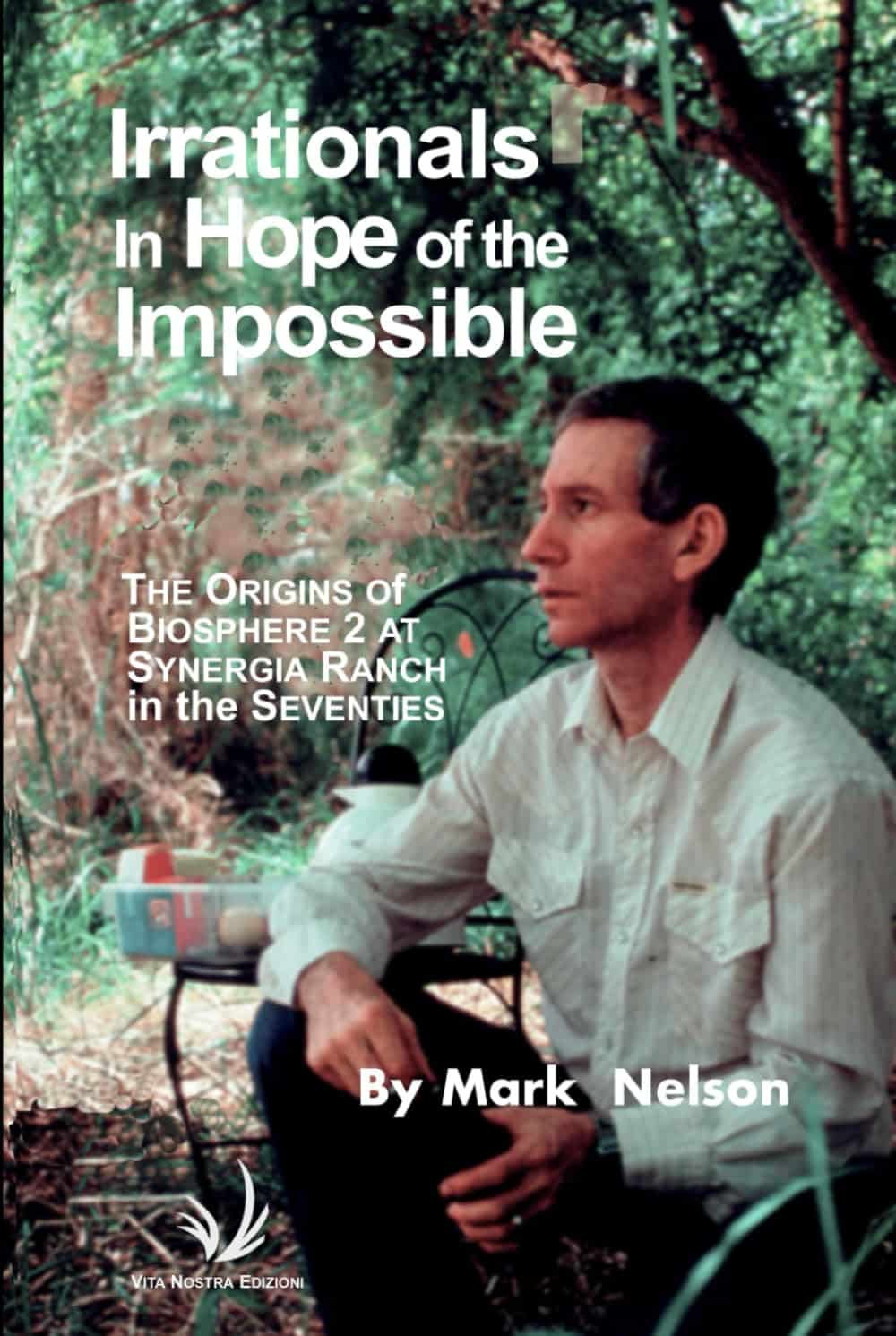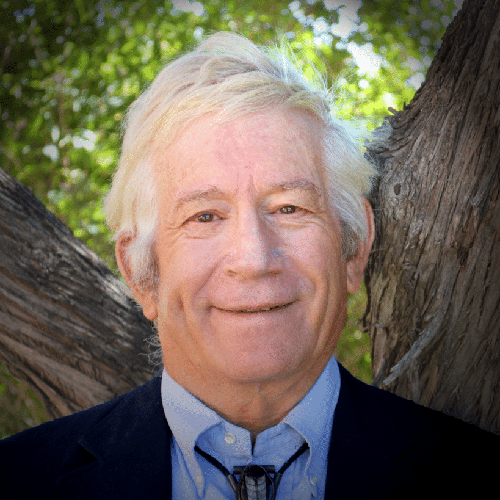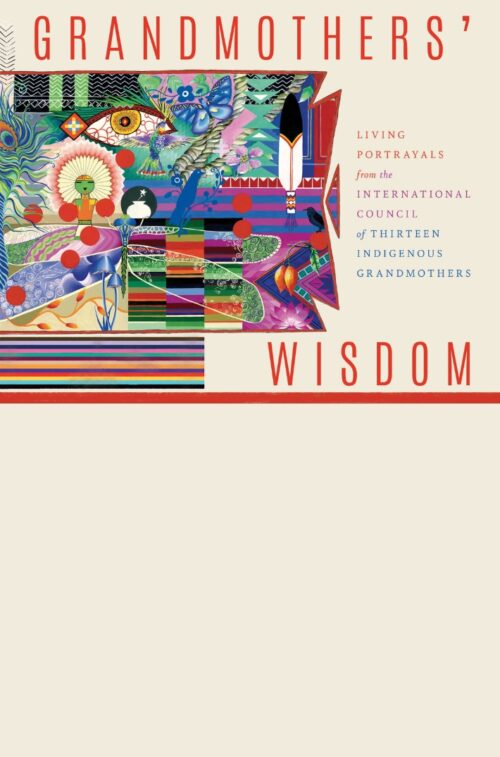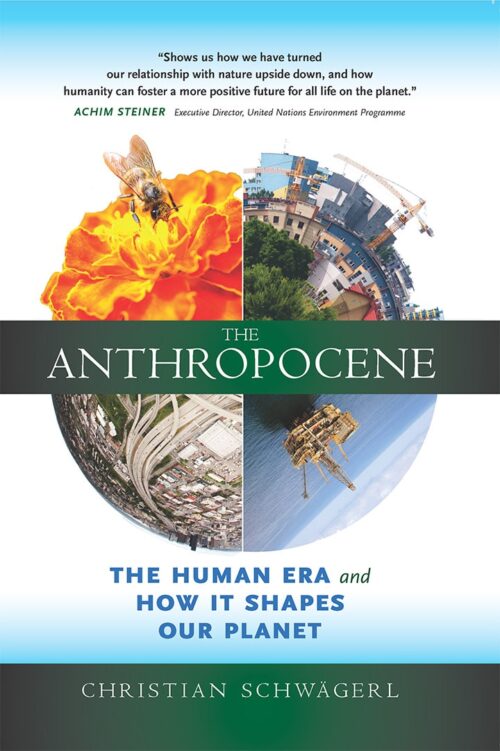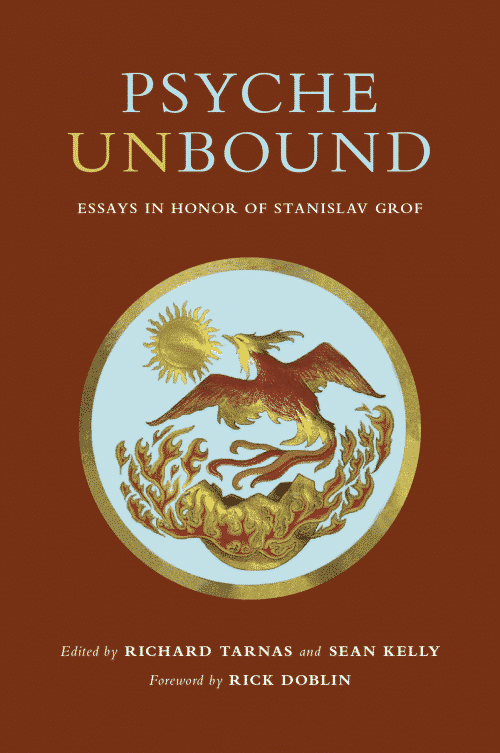Description
“This is the origin story of Biosphere 2, one of the most exciting human experiments. Astonishingly, it has become more important with each passing year, far ahead of its time. I have had the privilege of knowing Mark and the other pioneers for years and they influenced me greatly. Read this book and wonder whether you are looking at our hopeful future, with its supreme optimism about the human capacity to dream and deliver.” Sir Tim Smit, Founder, Director, The Eden Project, Cornwall.
“If kids today knew what they were missing in real life adventures, projects and encounters like biospherian Mark Nelson describes here with his signature warmth and humor, they would eat their phones. Irrationals in Hope of the Impossible is valuable as both an historical document and guide to a more egalitarian and environmentally creative future.” Maria Golia, author of “Ornette Coleman: the Territory and the Adventure”.
“I have been amazed by the importance and success of the Institute of Ecotechnics projects. This book offers a wonderful history of where and how it all began.” Ralph Abraham, an originator of chaos theory, Prof. of Mathematics, University of California, Santa Cruz.
“Mark Nelson’s book is foundational for urgent Green Regenerative Farming and new approaches to better integrate humans with our living biosphere.” Dr. Roger Malina, astrophysicist, Executive Editor Leonardo Publications, MIT Press.
“I have known for five decades these deep, audacious, visionary nomads. This book chronicles a journey worthy of including in the Arabian Nights…braving the vivid unknown!” Godfrey Reggio, Filmmaker, Koyaanisqatsi, Powaqqatsi, Naqoyqatsi, Visitors, and Once Within A Time.
“If the laying waste to the Earth’s life support systems is to be reversed, then this memoir of the Institute of Ecotechnics by Mark Nelson might stand as an energizing primer.” Michael Hrebeniak, Founder/Convenor, New School of the Anthropocene.
